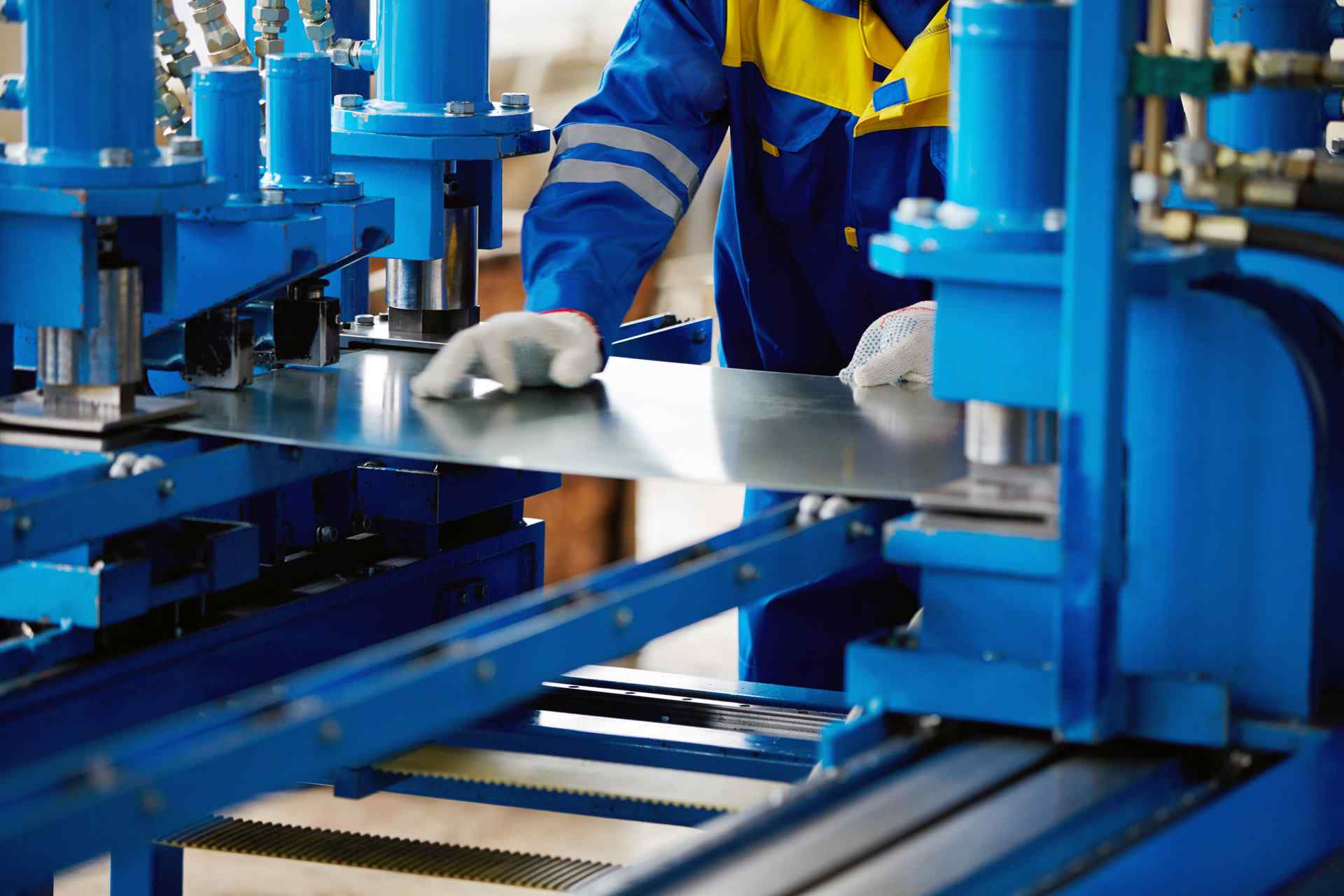The Evolution of Modular Construction in Oil and Gas
As the global energy sector pushes toward faster, more cost-efficient, and sustainable infrastructure solutions, modular construction has emerged as a transformative force in how oil and gas facilities are designed, built, and delivered. The traditional model of on-site fabrication — dependent on large workforces, sequential assembly, and lengthy project timelines — is proving increasingly unsustainable in a world where speed, precision, and environmental responsibility have become critical priorities.
Modular construction redefines project execution by breaking down large-scale infrastructure into pre-engineered, prefabricated units built in controlled environments before being transported to the final location for assembly. This approach not only accelerates project timelines but also enhances quality control, improves safety, and reduces environmental impact. With energy projects moving into remote, offshore, and high-risk regions, modular systems offer the scalability and flexibility needed to overcome logistical challenges without compromising performance.
SRG is leading this shift, delivering custom-engineered modular units for refining, processing, and energy infrastructure projects across the oil and gas sector. Prefabricated skids for refining modules, pipeline compression units, and utility systems are built off-site to exact specifications, allowing multiple components to be developed simultaneously. This parallel manufacturing process compresses construction schedules by up to 40% — significantly reducing both costs and risk exposure.
During a recent refinery expansion project, SRG deployed a full suite of modular processing units that allowed the facility to increase capacity without requiring a full shutdown. While traditional methods would have forced months of lost production, the modular approach enabled the refinery to continue operating at near-full capacity throughout the upgrade. The project was completed 40% faster than anticipated, with overall costs reduced by 30%.
Beyond time and cost savings, modular construction also represents a significant step forward in sustainable infrastructure development. Factory-based fabrication generates less material waste, reduces energy consumption, and ensures consistent quality standards. Prefabricated units can also be repurposed or relocated, offering greater lifecycle flexibility compared to fixed infrastructure.
As the energy industry continues to shift toward more adaptive and lower-emission infrastructure, modular construction is set to become the dominant method for building future facilities.

